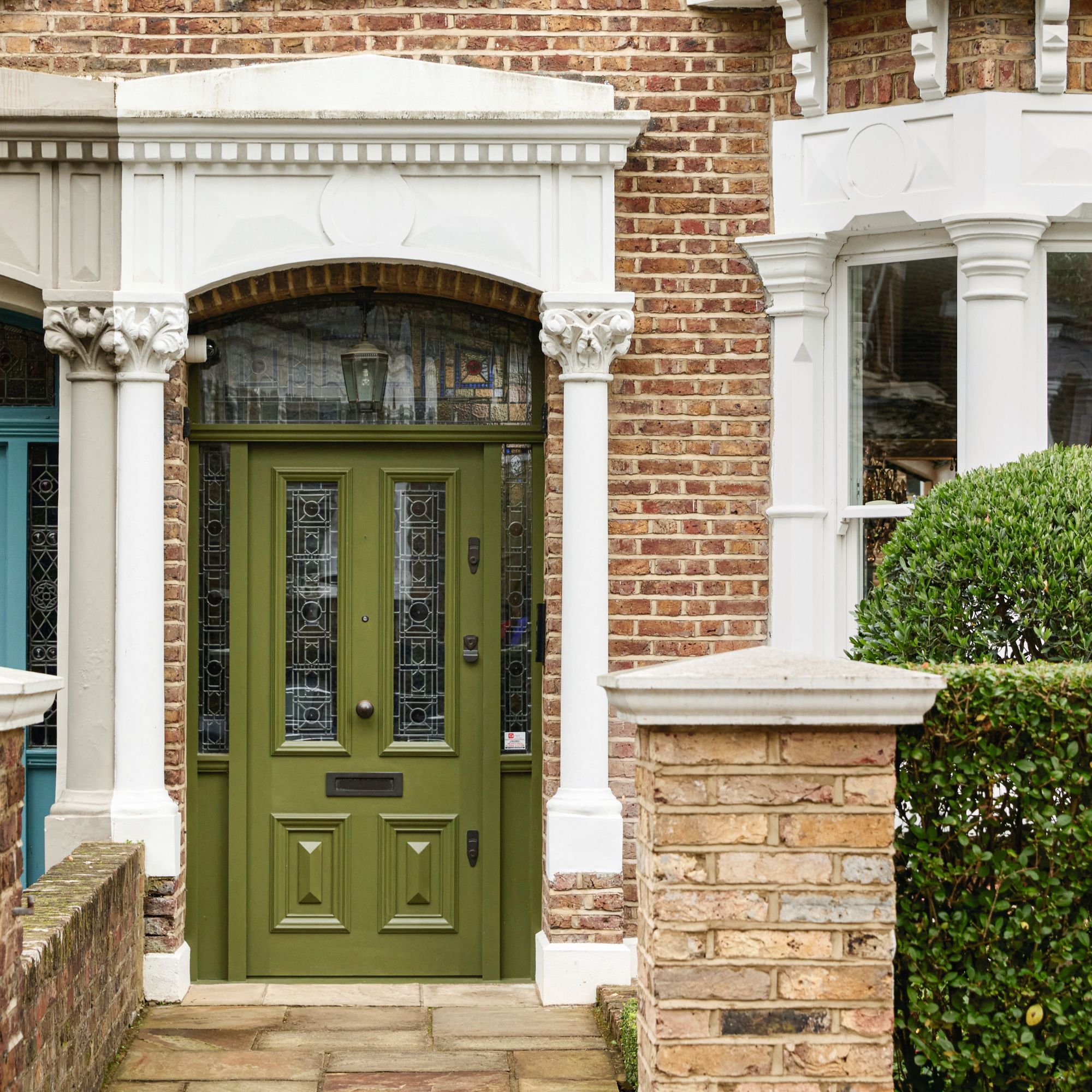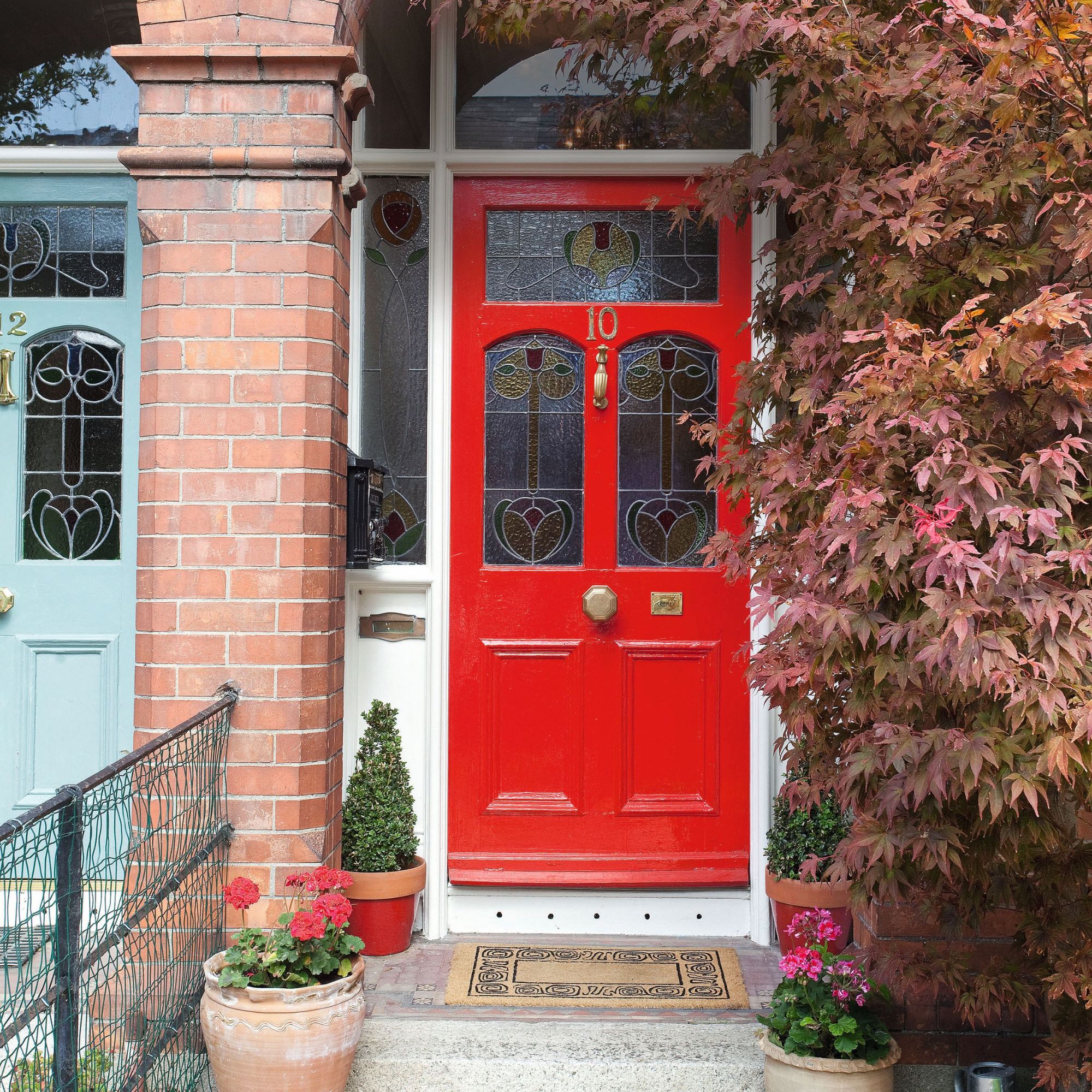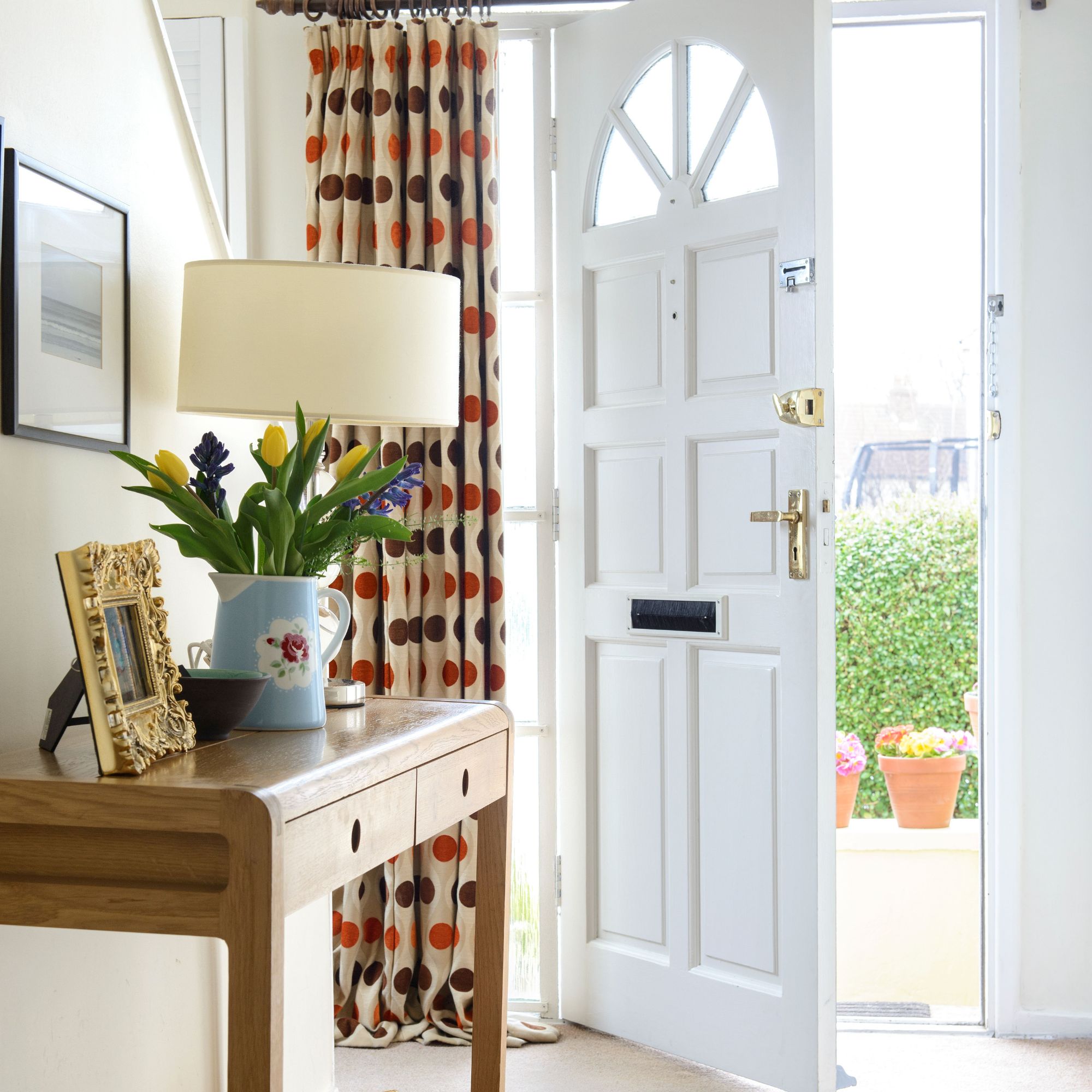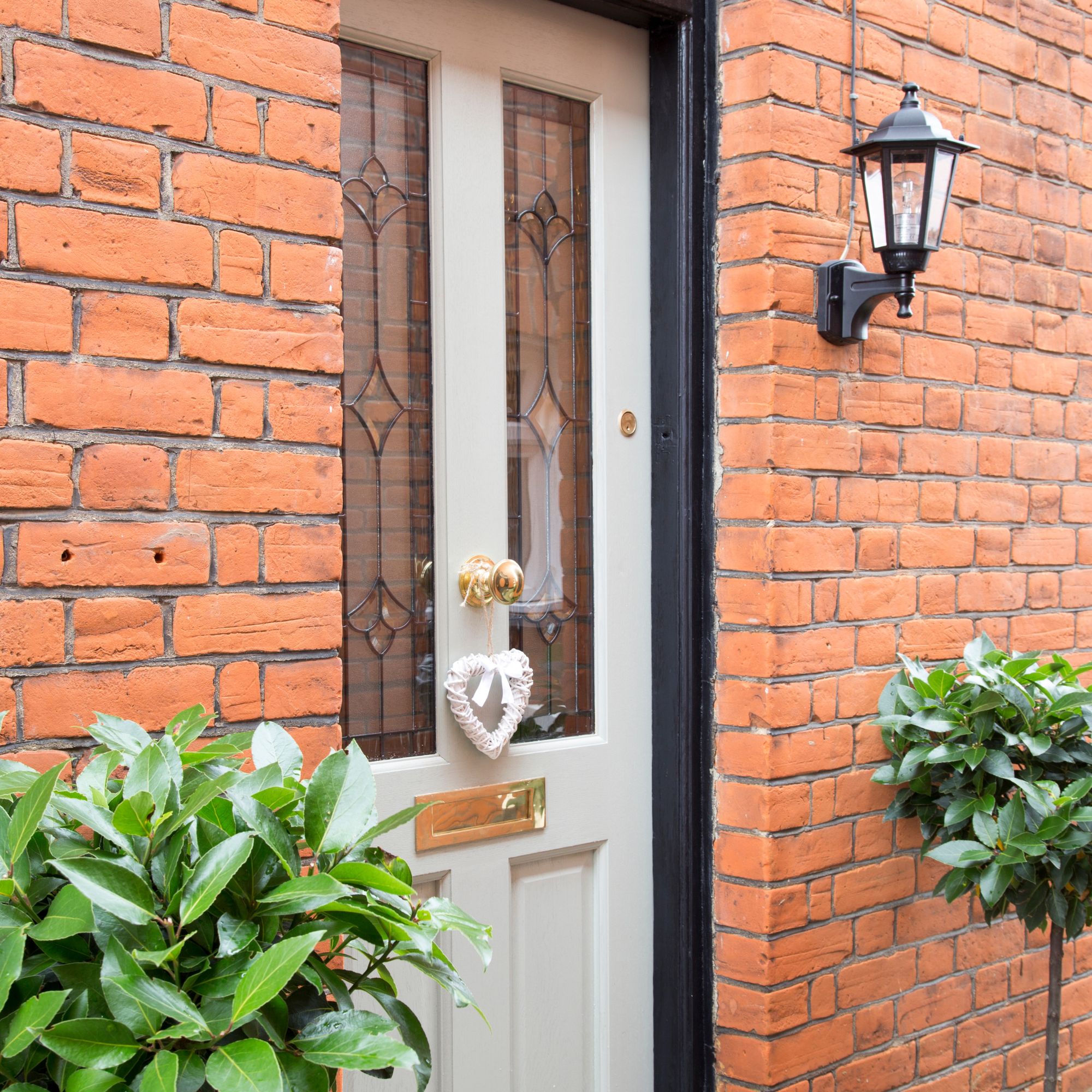
Following the clocks going back over the weekend, nights are officially getting darker, which means that there's no better time than now to stay vigilant in preventing burglary. However, there's one place you're likely forgetting to account for in your trawl to improve your home's security: your wheelie bin.
Wintertime is the prime time to ensure you take preventive measures to protect your home, whether it be investing in the best home security system or slight changes in your daily routine to not get caught out.
Research by Toolstation revealed that these little habitual changes include closing blinds and curtains, keeping the house lights on, asking friends and family to check that their door is locked, to even leaving the TV or radio on.
But, there's one common mistake people continually make that could be putting your home's security at a higher risk of burglary that often gets overlooked. What is it, you may ask? Not knowing how to correctly dispose of important, personal documents containing sensitive information.

Wheelie bin burglary risk warning
'Many homeowners do not think about what happens once their rubbish is out of their home, but many potential thieves will use documents to gain a bank of information,' starts Michele Bennett, general manager at home security company, ADT UK Subscriber.
Speaking with Toolstation, former burglar and current home security expert, Michael Fraser continues, 'The first thing burglars will do is look through a person's wheelie bin, as they may be able to find documents or advertisements with the homeowner's name on it and use it to claim their identity.'
Therefore, knowing how to safely bin your documents is guaranteed to do you wonders so you can prevent burglary this Christmas.

'Always shred personal documents rather than throwing them away,' advises Anthony Neary, managing director at security retailer, Safe.
'This includes any correspondence you receive that relates to financial information such as bank or credit card statements, utility bills, tax, and medical documents, but really anything that looks official.'
'If in doubt, it's always best to shred it.'

Anthony continues, 'ID theft is still a major issue in the UK and burglars will actively rifle through bins in the hope of finding anything that could be used to help steal your identity. They are unlikely to use this themselves, but they will actively try and sell it on to someone who will.'
'If someone obtains credit in your name it can become a never-ending problem disputing the thief's activity, affecting you both finically and emotionally for several years.'

How to properly destroy your documents
'The best practice when throwing out important information is to shred them before throwing them in the bin,' advises Michele at ADT.
'Not only does this free up space in your bin, but it also stops thieves from being able to match pieces of paper to read your important information. A cross shredder produces thinner strips of paper so it is harder for thieves to reconstruct pages.'
Compact and convenient, you can shred through 8 sheets of A5 paper at once as they're gathered into the 3-litre waste basket.
Able to shred 6 sheets of A4 paper with one pass, you can be confident that your documents have been properly destroyed.
Featuring a convenient handle design, easily shred through 6 sheets of A4 paper to be disposed into the 13-litre capacity wastebasket.
Alternatively, if you don't have access to a paper shredder, you can also discard documents with sensitive information by burning them. Of course, remember to exercise caution if you opt for this route.
With the documents you intend to keep and file, on the other hand, Michele recommends keeping these safe by either digitising them or keeping them in a fireproof safe or lockbox.
Additionally, if you want some added peace of mind with your home's security, you could also look into installing a video doorbell with two-way audio that is fully equipped to detect and capture activity directly outside your home.
If you notice people you do not recognise loitering around your bins, or notice a disappearance of rubbish, it's important to contact the police via 111.







